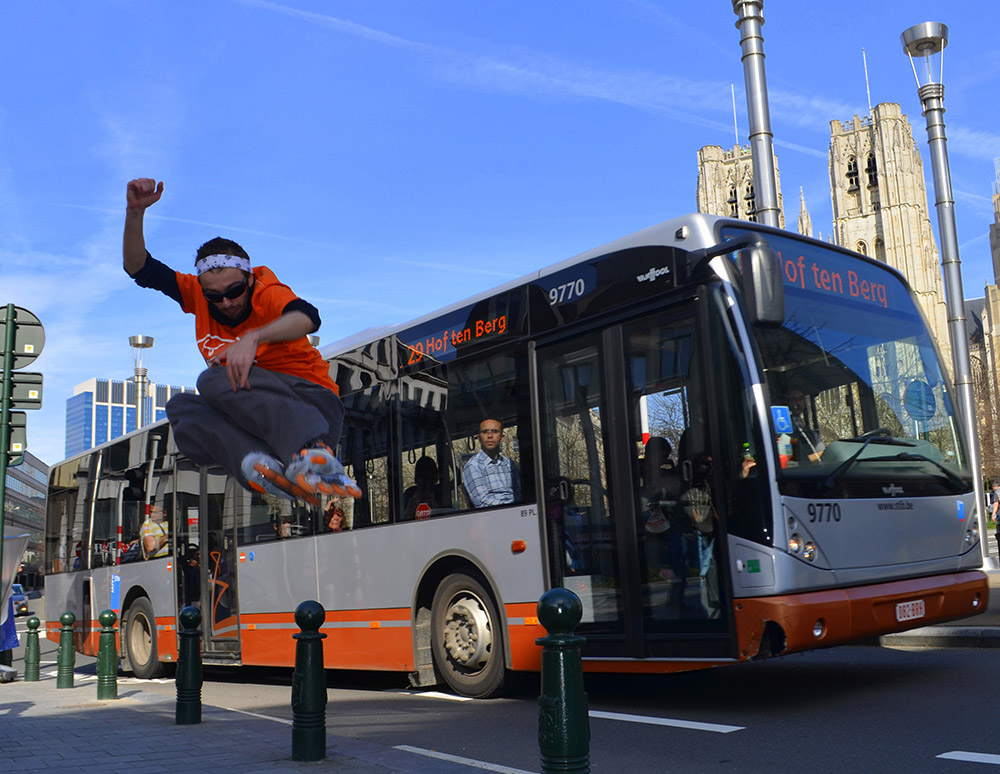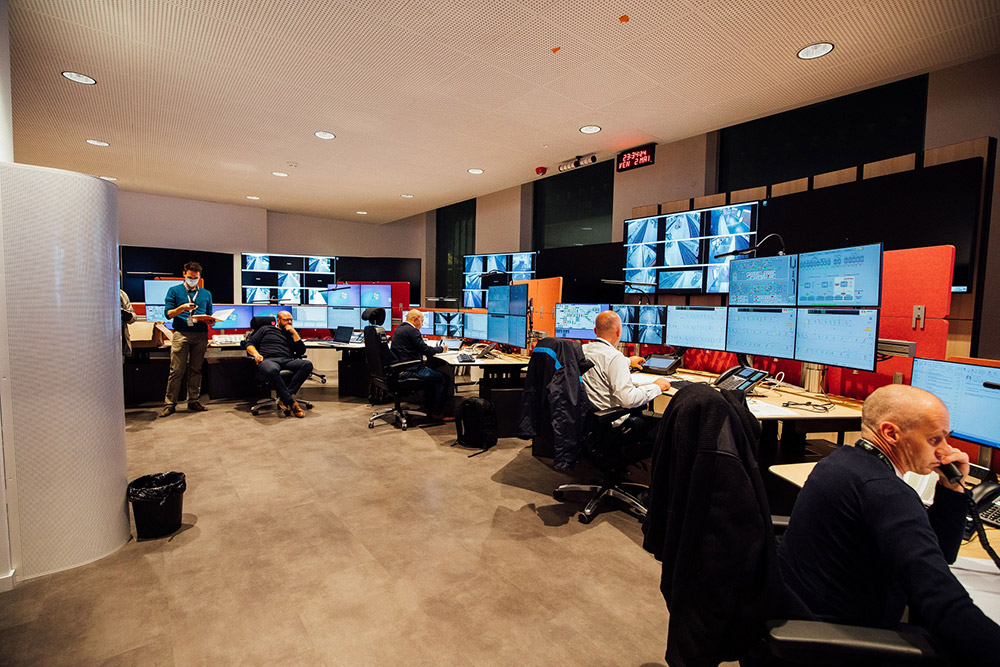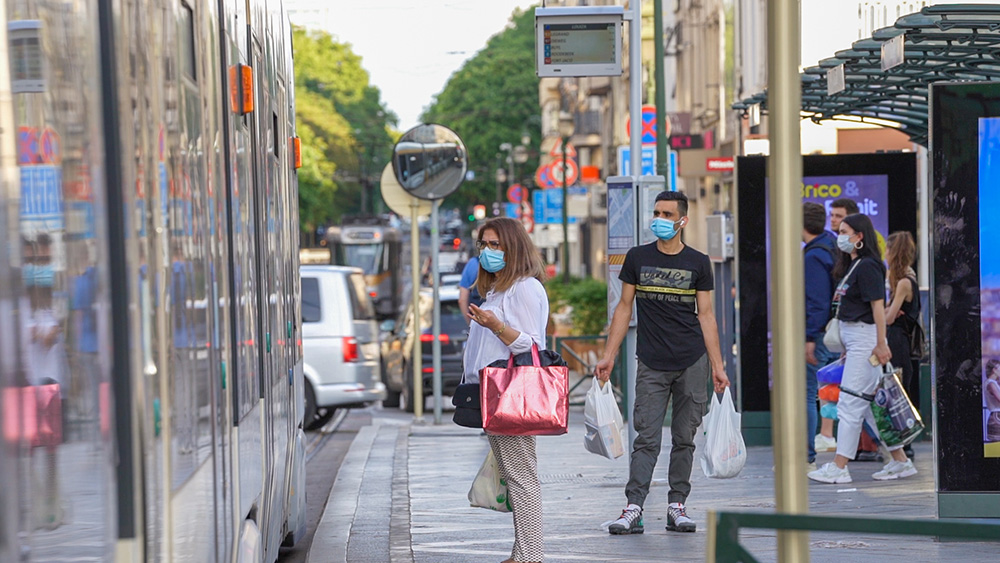In 2020, service quality was more of a priority than ever for STIB. And its efforts were rewarded, as NF Service certification - obtained in 2019 for a period of 3 years for all services subject to certification* - was confirmed by the follow-up audit.
The most significant initiatives in 2020 involved the improvement of:
- accessibility for people with reduced mobility in metro trains;
- the legibility of neighbourhood maps at stations/stops;
- the payment and validation of tickets;
- passenger information in the event of building work in stations;
- connections during construction;
- the monitoring of the operation of escalators and elevators.
2020 also saw the creation of the Customer Strategy Committee, which aims to coordinate customer journey initiatives throughout the company. A Hygiene and Cleanliness Task Force was also created.
In 2021, efforts will focus primarily on improving the performance of certain customer commitments, such as the condition and cleanliness of stops and stations, and passenger information during planned and unplanned disruptions.
* The 4 metro lines, 18 tram lines and 52 bus lines, 19 BOOTIK and KIOSK sales outlets, stops and stations, Customer Services and the Inspection of Transport Tickets service.



